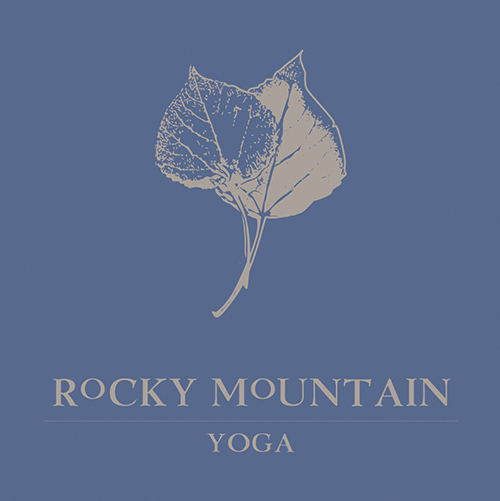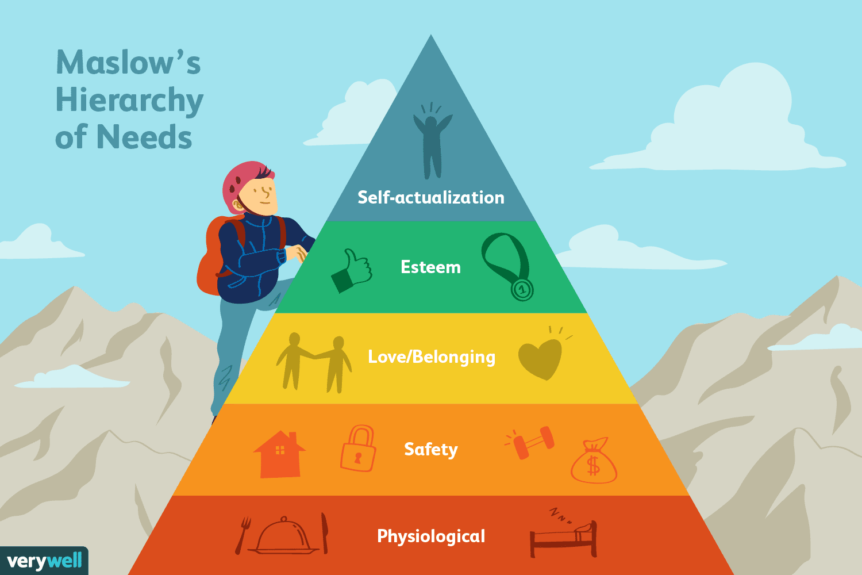How much happier would you be if you were to come into a large sum of money? This I wondered after talking to a dear friend who might find himself in just that situation. A conversation with another friend about American consumerism followed. And a few weeks ago I decided to give up sugar. What does all of this have to do with happiness? Read on! I think you’ll find something you can start working with TODAY as I weave these thoughts together in our contemplation on happiness and how to find it. Like most things, it takes some practice. Let’s start with my selective renunciation of sugar.
From Cleveland Clinic:
Poor lifestyle choices, such as smoking, overuse of alcohol, poor diet, lack of physical activity and inadequate relief of chronic stress are key contributors in the development and progression of preventable chronic diseases, including obesity, type 2 diabetes mellitus, hypertension, cardiovascular disease and several types of cancer.
Selective renunciation (sanskrit: tyāga) can be a powerful intervention strategy for a Yoga Therapist to employ. Not only does eliminating sugar, for example, have beneficial affects on my health but the practice of avoiding sugar builds will and determination, making both stronger than my habit of indulging in sugar. And I realize: my happiness is not dependent on sugar.
In Seneca’s 18th letter to the Knight Lucilius, On Festivals and Fasting, Seneca urges Lucilius “to set aside a number of days during which you shall be content with the scantiest and cheapest fare, with coarse and rough dress…” In doing so, one finds pleasure that is “steadfast and sure” when he recognizes that his happiness need not depend on fortune. By experimenting with what the Stoics call “voluntary discomfort” we also learn to appreciate far more, thus overcoming our insatiability.
Insatiability = consumerism. We swim in advertising, making consumption a nearly Pavlovian response. Can money buy you happiness? That depends on what you buy. Studies show that unless below the poverty line, higher levels of income don’t make people happier. And I wonder, is there a connection between consumption and the rise of chronic disease?
In my blog research I came across Mr. Money Mustache, a thirty-something (now in his early 40s) retiree who writes about how we can live frugal yet “badass” lives of leisure. He offers a view that is radical to most Americans who find themselves on a “debt powered treadmill,” for example suggesting that we weigh purchasing decisions against Maslow’s Hierarchy of Needs. The bottom line he says is this: “by focusing on happiness itself, you can lead a much better life than those who focus on convenience and luxury…” Take a look around his website.
Beyond Selective Renunciation and Curbing Consumerism: Other Thoughts on Happiness
- Stay in the moment. People are substantially less happy when their minds are wandering no matter what they are doing finds Matt Killingsworth who studies the causes and nature of human happiness
- Get in touch with your inner tortoise to feel happier, healthier and more productive says Journalist Carl Honore
- Less stuff. Design your life to include more money, health and happiness with less stuff, space and energy. Graham Hill, founder of Life Edited
- Be grateful. Just stop (get quiet), look and go. By go, Brother David Steindl-Rast is referring to the opportunity to enjoy. Grateful people are joyful people.
- Happiness can be synthesized. Studies by psychologist Dan Gilbert show that the amount of happiness we feel is in our hands. While we don’t have full control or no control, we have some input into how happy we will be. It all has to do with how we frame events which we can learn to do in a positive way. Here, ancient philosophy meets modern science. In Yoga Sutra 2.33 Patanjali suggests we take another view (the practice is pratipaksha bhavanam) when our thinking is “afflicted.”
I will be presenting some of the above ideas in a class geared toward stress relief. The class will initially be offered at the Capitol Hill Healing Center starting in April on Wednesdays at 6pm. Stay tuned for other series and locations.
And a final note from Pharrell:
Photo Credit: Verywell Mind

